IQAir [HealthPro Plus Air Purifier Medical-Grade Air [HyperHEPA Filter] for Allergies, Pets, Asthma, Odors, Smoke, Pollen, Dust; Swiss Made
Ultrafine particles are smaller than 0.1 microns in diameter and comprise about 90% of all airborne particles. The tiny size enables them to be easily inhaled, deposited into the lungs and absorbed directly into the bloodstream. From there, they travel to all vital organs, including the brain. Viruses, smoke and diesel soot are all ultrafine particles. Manufacturers of ordinary air filtration systems claim that their systems filter particles larger than 0.3 microns. IQAir’s HyperHEPA filtration is proven and certified to filter at least 99.5% of all particles down to 0.003 microns – the smallest that exist.* * While typical HEPA air filtration systems are only certified to filter particles large than 0.3 microns, IQAir HyperHEPA filtration is proven and certified to filter at least 99.5% of all particles down to 0.003 microns, 100 times smaller than what’s captured by ordinary HEPA filters.
![IQAir [HealthPro Plus Air Purifier Medical-Grade Air [HyperHEPA Filter] for Allergies, Pets, Asthma, Odors, Smoke, Pollen, Dust; Swiss Made IQAir [HealthPro Plus Air Purifier Medical-Grade Air [HyperHEPA Filter] for Allergies, Pets, Asthma, Odors, Smoke, Pollen, Dust; Swiss Made](https://i5.walmartimages.com/asr/bf8904a3-ac8a-4fc2-b137-e0e838c491c4.5d5c37dcfe487b330f45d944ec73bd9a.jpeg?odnHeight=450&odnWidth=450&odnBg=ffffff)
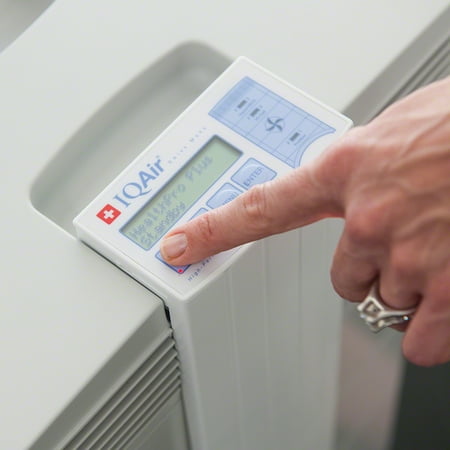


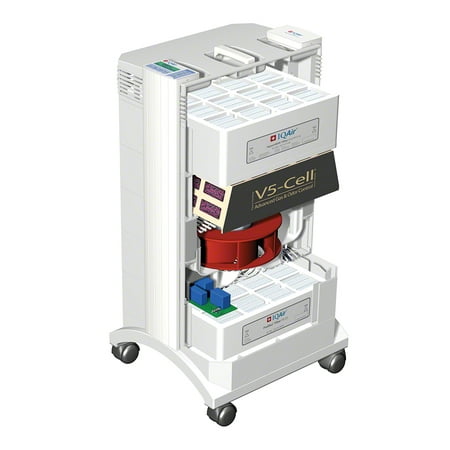
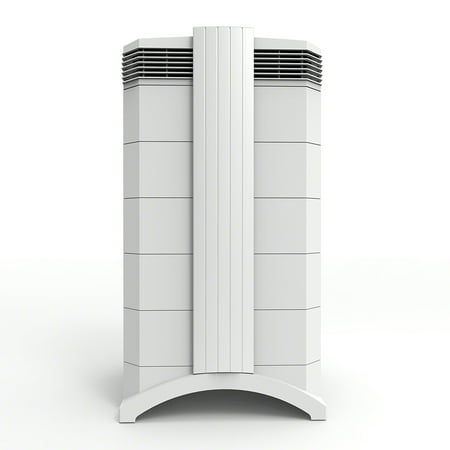
#1 Rated Room Air Purifier for Allergies & AsthmaProven Medical-Grade Air Filtration: 100x more effective than HEPA air purifiersOnly IQAir’s exclusive HyperHEPA filters stop ultrafine particles (down to 0.003 microns)Powerful filtration: covers a room size up to 1,125 sq ft (104.5 sq m)Direct purchases from the manufacturer will require a signature to acknowledge receipt upon delivery.


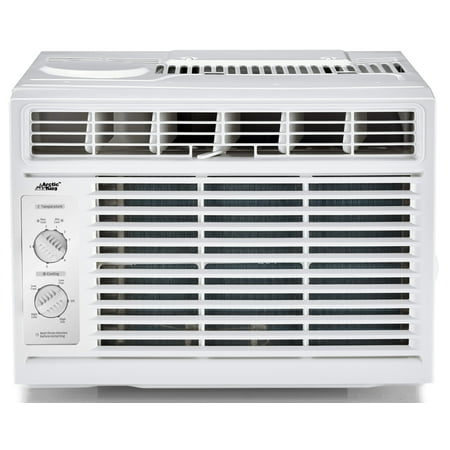
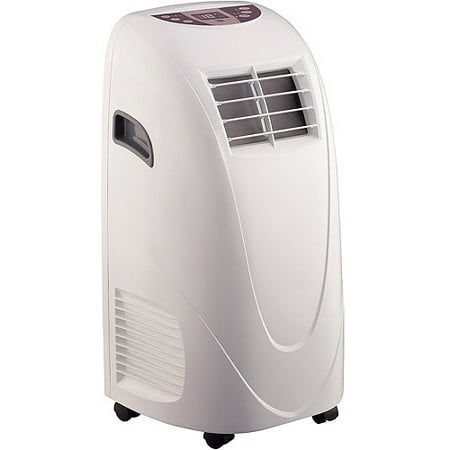
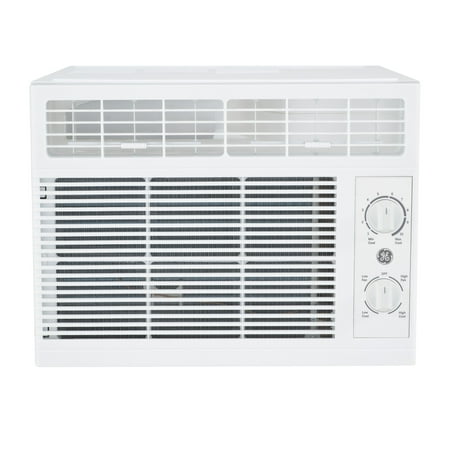
Reviews
There are no reviews yet.